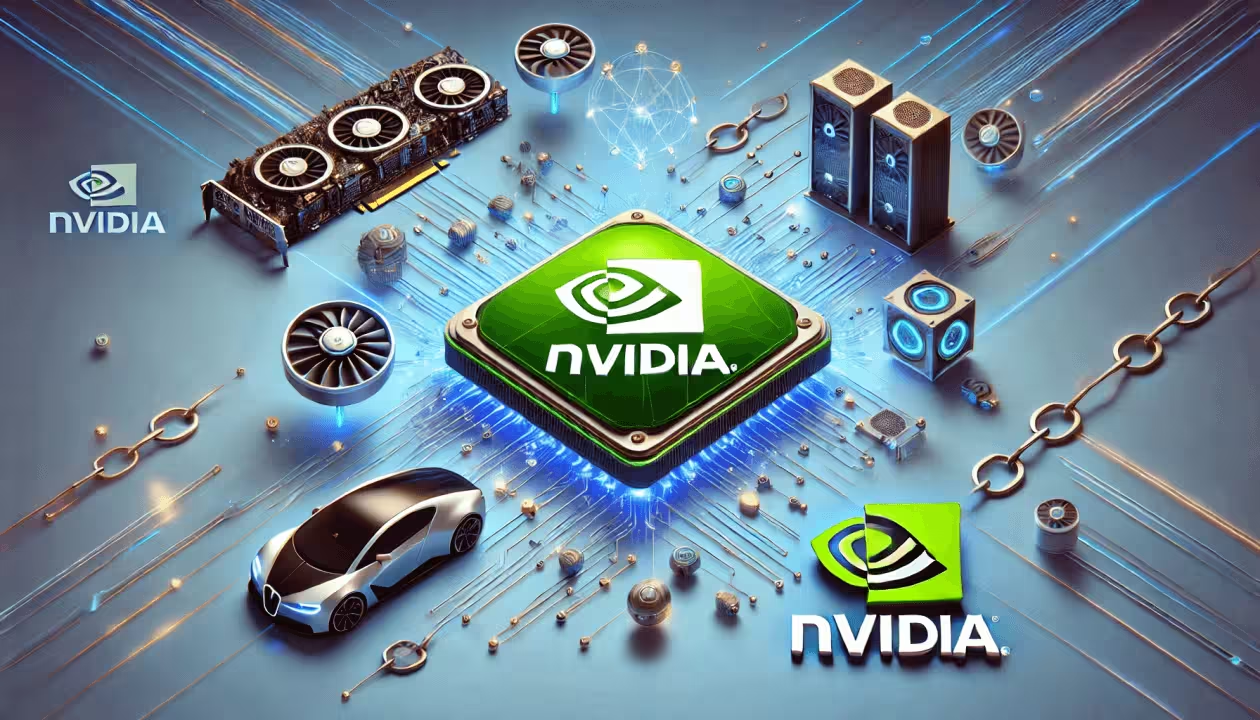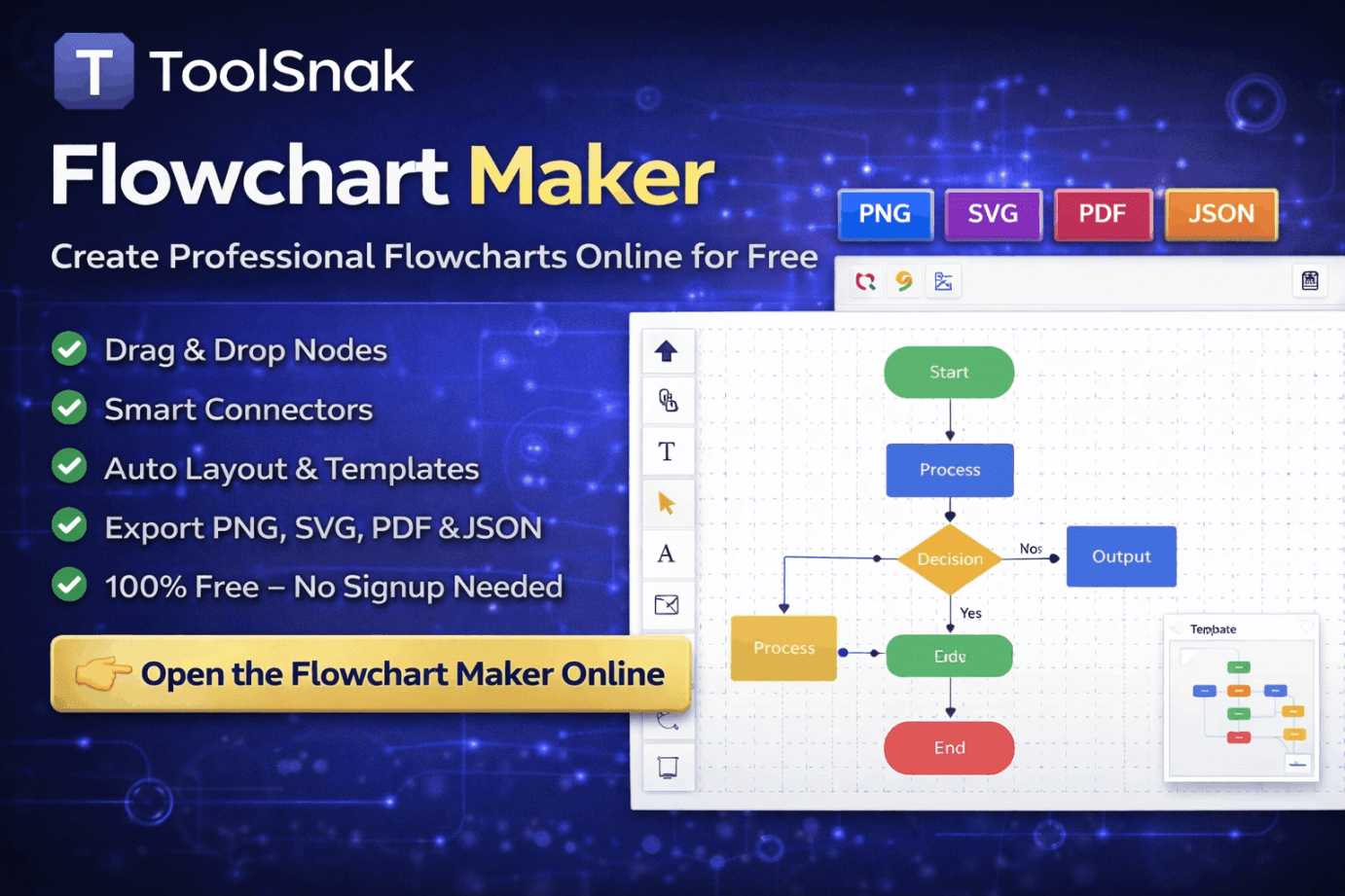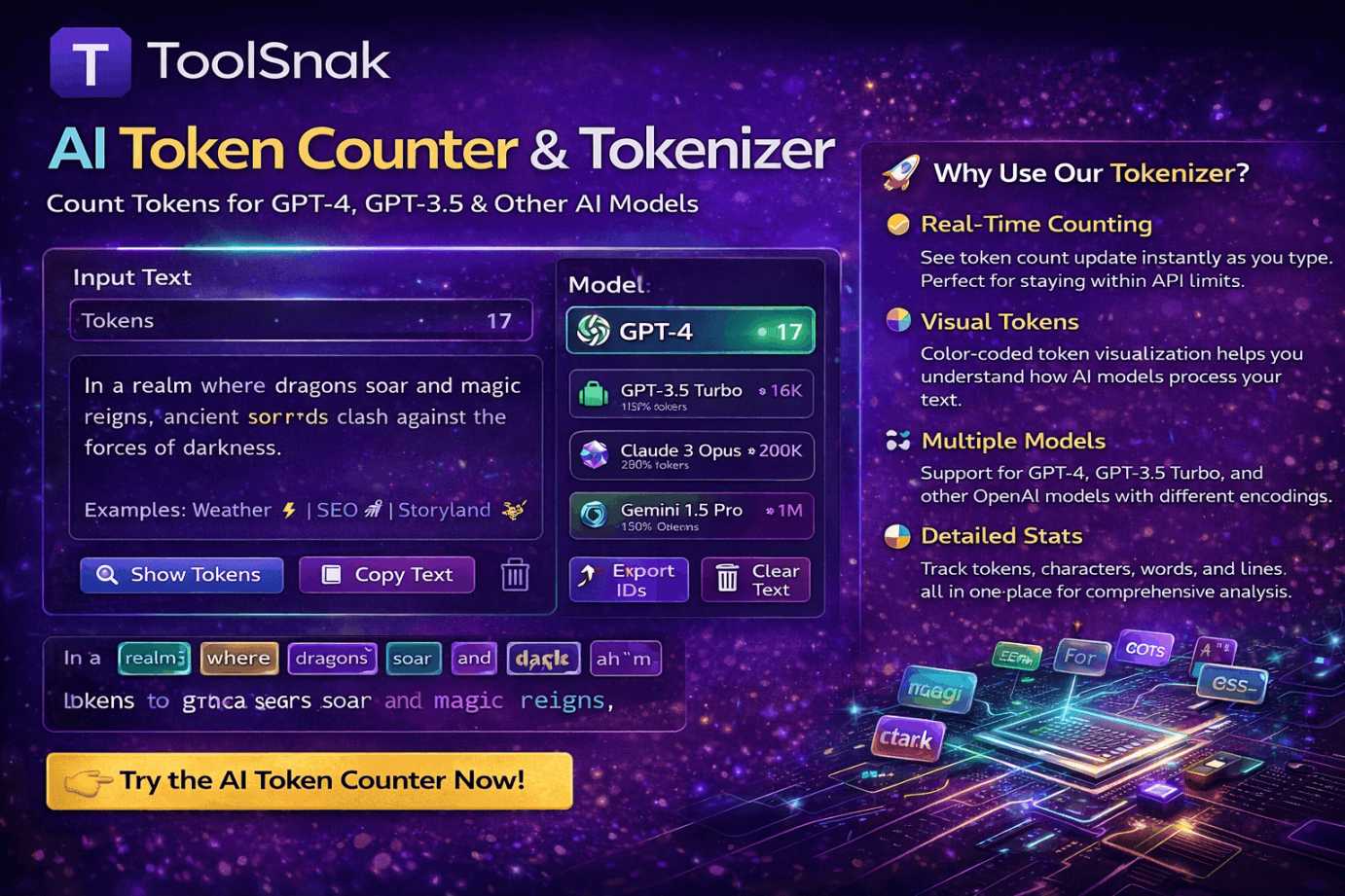
AI in Autonomous Boats: Revolutionizing Maritime Science in 2025
Artificial Intelligence (AI) is transforming maritime science through autonomous boats, enabling groundbreaking research and efficient navigation without human crews. In 2025, these vessels are advancing oceanographic studies, environmental monitoring, and supply chain logistics, while raising technical and ethical challenges. This blog explores AI’s role in autonomous boats, drawing insights from Popular Mechanics, Newlab, and X posts.
Scientific Applications
AI-powered autonomous boats are redefining maritime science. The Mayflower Autonomous Ship (MAS), a collaboration between ProMare and IBM, collects data on marine life and microplastics, navigating with AI to reduce costs, per Popular Mechanics. Saildrone’s USVs map ocean floors and monitor weather, leveraging AI for real-time analysis, per Boats.com. Mythos AI’s vessels at Port of Monroe digitize waterways, creating digital twins for scientific studies, per Newlab.
Technological Advancements
Autonomous boats rely on AI and sensors like cameras, radar, and lidar. MIT’s Roboat II uses SLAM algorithms for precise navigation, per MIT News. Avikus’ NeuBoat system, showcased in 2022, integrates AI with 360-degree cameras for obstacle avoidance, per Forbes. The International Maritime Organization defines autonomy levels, with MAS aiming for Level 4 (fully autonomous), per Vox.
Benefits
AI enhances safety by reducing human error, as seen in Sea Machines’ collision-avoidance systems, per ILS.be. It optimizes fuel use, cutting emissions, as in Norway’s autonomous container vessel, per Vox. Unmanned designs save costs and repurpose space, per Boat International. These benefits support sustainable scientific missions.
Challenges
Technical reliability remains a hurdle, with MAS facing generator issues in 2021, per Washington Post. Regulatory frameworks are incomplete, per Yachting Magazine. Cybersecurity risks are noted on X, with AI introducing new vulnerabilities, per @geeknik. Public trust in recreational autonomous tech is also a challenge, per Yachting Magazine.
Future Trends
In 2025, AI-driven boats will advance with swarm operations, as in Marine Tensor’s USVs, per Marine Thinking. Military applications, like the Kraken3 war boat, show AI’s defense potential, per @EuromaidanPress. Brunswick’s AI-equipped Boston Whaler, unveiled at CES 2025, previews recreational autonomy, per @boattest. In-shore autonomy, like Mythos AI’s marine highways, will enhance science, per Newlab.
Conclusion
AI-powered autonomous boats are revolutionizing maritime science in 2025, from ocean research to sustainable logistics. While challenges persist, the potential for innovation is vast. Stay informed at ToolSnak.com, your hub for AI-powered research tools.
How much did you enjoy AI in Autonomous Boats: Revolutionizing Maritime Science in 2025?
Related Articles

Jensen Huang's Strategic Moves to Maintain Nvidia's AI Leadership
Nvidia CEO Jensen Huang outlines plans to sustain the company's dominance in AI amid global challenges, including new technologies, partnerships, and geopolitical considerations.

Flowchart Maker: Create Professional Flowcharts Online for Free
Create clear and professional flowcharts online using ToolSnak’s free Flowchart Maker. Drag-and-drop nodes, smart connectors, auto layout, templates, and export to PNG, SVG, PDF, or JSON.

Claude 4: Anthropic’s AI Revolutionizing Coding and Beyond
Explore how Anthropic's Claude 4 is setting new standards in AI with advanced coding capabilities, extended context understanding, and ethical considerations.

How to Use AI Token Counter & Tokenizer Tool
Learn how to use the AI Token Counter & Tokenizer in 2026 to count tokens accurately, optimize prompts, and stay within AI model limits.